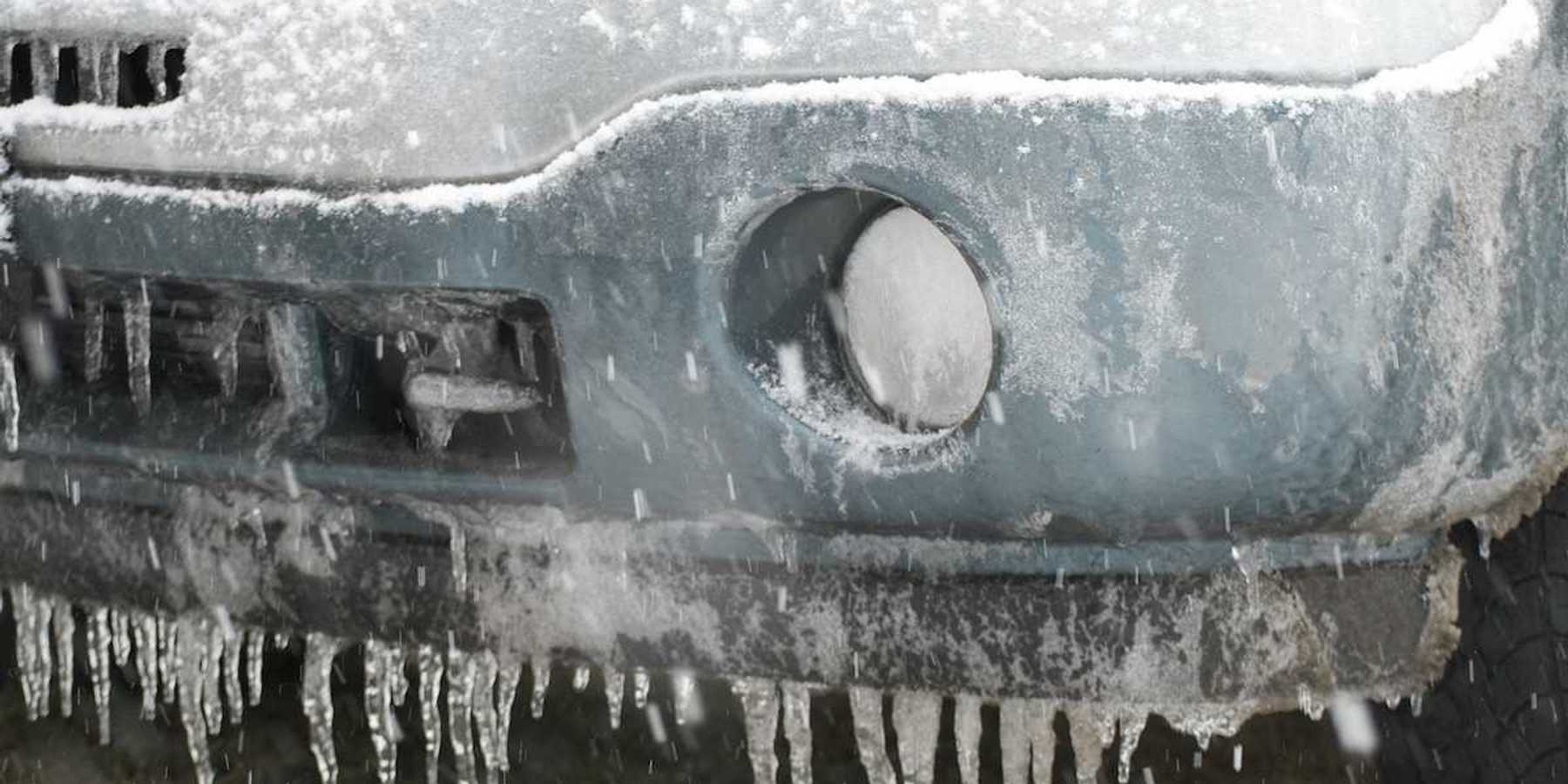Trump administration moves to shut down critical storm research lab in Oklahoma
The Trump administration has proposed closing more than two dozen federally funded meteorological labs, including Oklahoma’s National Severe Storms Laboratory, sparking bipartisan concern over public safety and economic consequences.
Emily Kennard reports for NOTUS.
In short:
- The National Oceanic and Atmospheric Administration (NOAA) would lose $2 billion and 12,000 staff under President Trump’s 2026 budget plan, gutting programs that provide critical forecasting and disaster warnings.
- The proposal would dismantle NOAA’s Office of Oceanic and Atmospheric Research, eliminating labs that study hurricanes, air pollution, and severe storms across the country.
- Republican lawmakers and state officials, including Oklahoma Rep. Tom Cole and the Oklahoma Department of Emergency Management, argue the closures would endanger lives and damage local economies that depend on these research institutions.
Key quote:
“There are just so many key pieces of the forecast puzzle that came out of these places, and out of these people who are going to be let go, so that’s really disturbing that we’re willing to give all that up.”
—James Franklin, former National Hurricane Center chief
Why this matters:
Weather and ocean research labs serve as front lines against deadly storms, floods, fires, and poor air quality. These institutions provide the data and models that emergency managers and local officials use to issue warnings, make evacuation calls, and protect infrastructure. Eliminating them could mean slower, less accurate alerts during hurricanes, flash floods, or toxic air events. The risks are growing: Extreme weather is intensifying, driven by climate shifts and urban expansion into vulnerable areas. Cutting this kind of research at a time when natural disasters are causing hundreds of billions in annual damage raises real concerns for public health, economic stability, and environmental safety.
Related: State and local emergency managers brace for less federal aid during disasters













